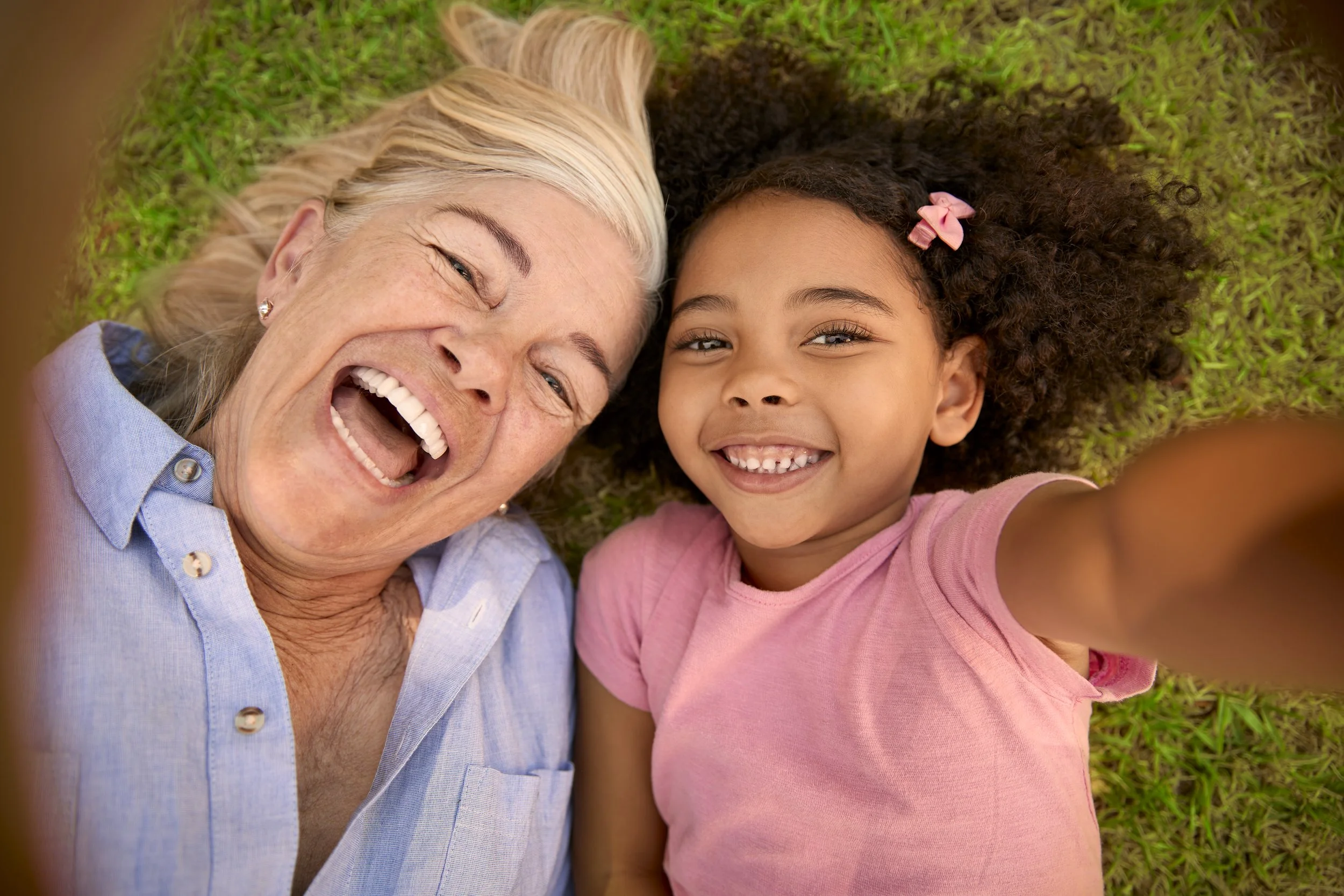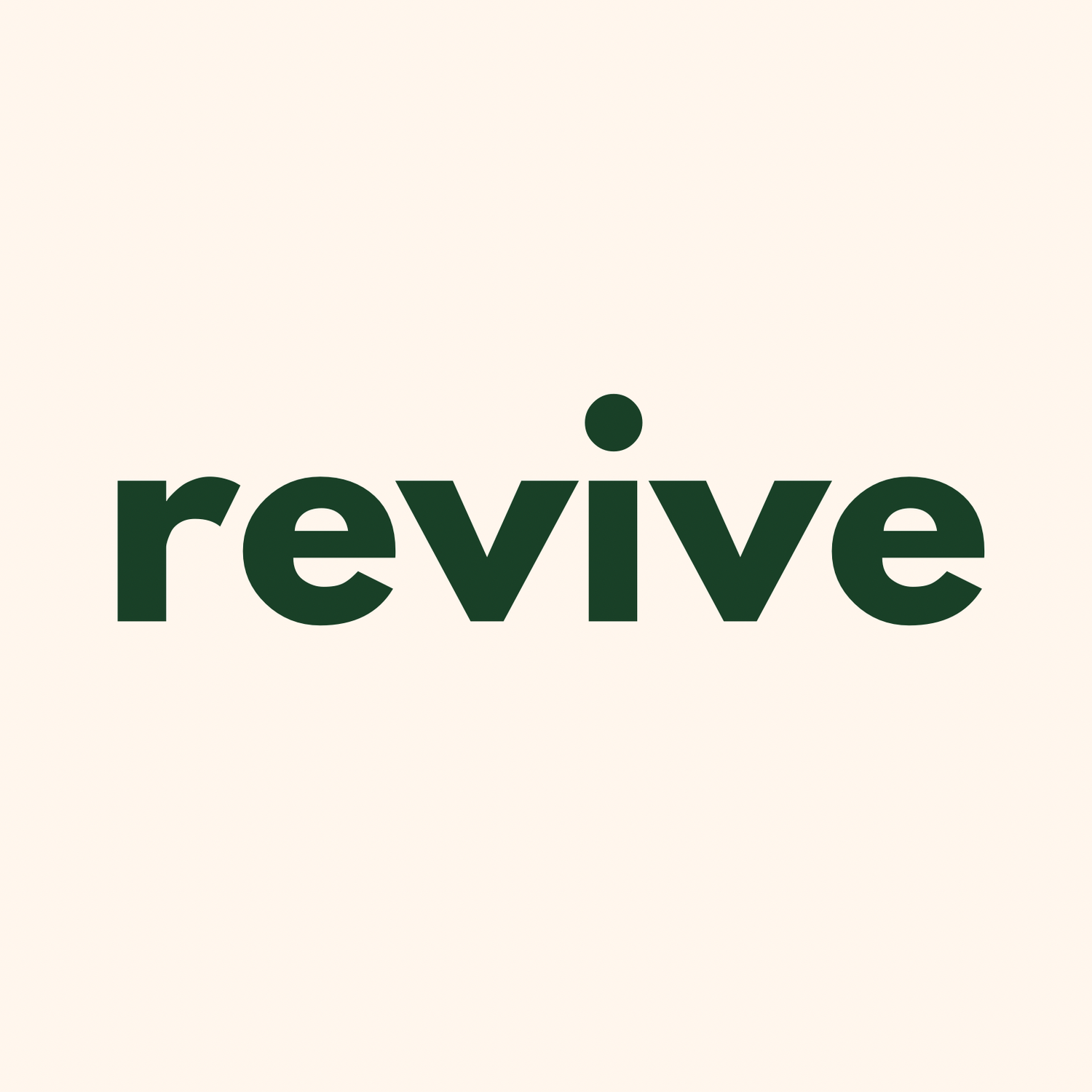The Impact of Childhood 🌱✨

-
Our childhoods are like the roots of a tree—deeply embedded, sometimes hidden, but undeniably influencing how we grow, thrive, and navigate the world. From the joyous memories to the painful ones, those early years shape the lens through which we view ourselves, our relationships, and our mental health.
This week, we’re unpacking how childhood experiences leave lasting imprints, how they might be affecting you today, and what steps you can take to heal and grow.
How Childhood Shapes Us
-

-
Childhood is one of the most formative periods in our lives—a time when we are like sponges, absorbing everything around us. From the dynamics within our families to the unspoken societal expectations we observe, these early years lay the groundwork for the person we become. Every interaction, lesson, and experience during this period plays a role in shaping our thoughts, feelings, and behaviors in ways that often stay with us into adulthood.
During childhood, we develop key elements of who we are. Our sense of self-worth, how we relate to others, and how we respond to stress and challenges are all influenced by the environments and relationships we experience. The people we grow up with—particularly our parents, caregivers, and other significant adults—play a major role in molding our understanding of the world and our place in it. This period of life is often a time of learning not just about academic subjects but about emotions, empathy, social norms, and how to navigate the complexities of relationships.
-

Core beliefs are the fundamental ideas we hold about ourselves, others, and the world. They shape how we view our worth, navigate relationships, and approach challenges. For example, a child who grows up with affirmations of love and support might develop the belief, “I am worthy of love and acceptance.” On the other hand, a child who experiences criticism or neglect might internalize the belief, “I have to prove my worth by working hard or being perfect.” These beliefs can profoundly affect our confidence and the decisions we make as adults.
-

Our ability to form and maintain emotional connections often stems from how our caregivers met (or didn’t meet) our needs as children. Secure attachments are built when caregivers are consistently responsive, helping us feel safe and valued. However, inconsistent, absent, or overly intrusive care can lead to attachment styles that make trusting others, setting boundaries, or maintaining relationships more challenging in adulthood.
For example:
Secure Attachment: Feeling safe and supported, leading to trust and healthy relationships.
Anxious Attachment: Craving closeness but fearing abandonment, often resulting in clinginess or overthinking in relationships.
Avoidant Attachment: Valuing independence to the point of avoiding intimacy, often due to unmet emotional needs.
-

As children, we develop habits to manage stress, emotions, or difficult situations—whether it’s hiding feelings, lashing out, or seeking validation. While these coping mechanisms may have helped us survive in childhood, they don’t always serve us well in adulthood. For instance, a child who learned to suppress emotions to avoid conflict might struggle with vulnerability as an adult. Alternatively, a child who acted out for attention might carry those patterns into their adult relationships.
The Power of Experiences
-
When childhood is filled with support, encouragement, and positive role models, it can foster confidence, resilience, and emotional intelligence. A stable environment teaches children how to handle challenges, build healthy relationships, and develop a sense of self-worth. These individuals often grow into adults who feel secure, capable, and emotionally balanced.
Unfortunately, not all childhood experiences are positive. Adverse Childhood Experiences (ACEs)—such as abuse, neglect, or exposure to addiction or mental illness—can leave emotional scars that carry into adulthood. These experiences may lead to difficulties such as low self-esteem, anxiety, depression, or trust issues. Even subtle negative experiences, like emotional neglect or overly critical parenting, can have long-term effects.
For many, childhood is a mix of positive and negative moments. A loving family might still have communication struggles, or a parent’s good intentions might inadvertently create pressure or unrealistic expectations. It’s essential to understand that even seemingly small moments can influence our perceptions of ourselves and the world.
How Childhood Comes into Focus in Adulthood
-

-
It’s often said that adulthood is just childhood playing on repeat with bigger responsibilities and more complicated relationships. While we may not consciously think about how our early years shaped us, the patterns, beliefs, and behaviors we developed as children often become glaringly obvious as adults—especially when life throws us into emotionally charged situations like relationships, conflicts, or work challenges.
For instance, the coping mechanisms we developed to survive as kids can resurface when we feel overwhelmed. A person who learned to avoid confrontation in a chaotic home might find it nearly impossible to address workplace conflicts. Similarly, someone who had to be a peacemaker between arguing parents might take on the “fixer” role in their friendships or romantic relationships, often at the expense of their own needs.
Adulthood is when the mirror gets held up, and we’re faced with the undeniable truth: our childhoods are still influencing us in ways we might not even realize.
-
Emily is a 29-year-old graphic designer who prides herself on being a people pleaser. She’s the go-to person at work for last-minute projects and always the friend who rearranges her schedule to make someone else happy. But under the surface, Emily is constantly anxious, exhausted, and resentful, wondering why no one seems to prioritize her needs the way she prioritizes theirs.
During a therapy session, Emily began unpacking her childhood. Growing up, her mom often relied on her to mediate arguments between her parents. Emily learned that keeping the peace and putting others first was the only way to avoid conflict in her family. It felt natural to carry those habits into adulthood, but now they were taking a toll on her mental health.
One day, after a friend canceled plans for the third time in a row, Emily felt a wave of frustration she couldn’t ignore. Why was she always bending over backward for people who didn’t reciprocate? That’s when her therapist’s words clicked: “You learned to prioritize others over yourself to survive, but you don’t have to live like that anymore.”
Emily’s story is a common example of how unresolved childhood patterns show up later in life. It’s in those moments of burnout, relationship struggles, or feeling “stuck” that we’re often forced to confront the root of the problem. While it can be painful to face, understanding how childhood experiences influence our adult lives is a powerful step toward healing and growth.
Recognizing these patterns doesn’t mean blaming our past—it’s about learning from it. By becoming aware of how your upbringing shaped you, you can start making intentional changes to create the life and relationships you truly want.
Showing Empathy for Difficult Childhoods
-

-
For many, childhood wasn’t a time of safety and joy—it was a period filled with pain, neglect, or abuse. Growing up in an environment where love and support were absent or conditional leaves wounds that can be incredibly difficult to heal. If this resonates with your experience, it’s important to know: none of what happened to you was your fault, and you’re not alone.
Childhood trauma can take many forms—physical or emotional abuse, neglect, exposure to addiction or mental illness, or living in a household where love was inconsistent or withheld. These experiences shape how someone sees themselves, their relationships, and the world around them. It can lead to feelings of unworthiness, distrust, or a deep fear of abandonment. The effects of a painful childhood often carry into adulthood, influencing everything from confidence to the ability to form healthy connections.
When someone grows up in survival mode, they may develop coping mechanisms that once helped them get through tough times but now feel like barriers. For example:
Someone who was constantly criticized may struggle with self-doubt or perfectionism, fearing failure will lead to rejection.
Someone who grew up in a volatile home may avoid confrontation at all costs, associating disagreements with danger.
Someone who was neglected might find it hard to trust others, always expecting to be let down.
These responses aren’t flaws or weaknesses—they’re survival strategies born from circumstances that no one should have had to endure.
If you’ve experienced a difficult childhood, it’s okay to feel sad, angry, or even confused about how it’s impacted you. But it’s also important to remember that healing is possible. While the road may be long and challenging, taking steps like seeking therapy, finding supportive relationships, or simply acknowledging your pain is a courageous move toward reclaiming your life.
Healing doesn’t mean erasing the past—it means learning how to live in the present without being defined by it. Every small step, whether it’s setting a boundary or recognizing your worth, is a victory.
-
Books for Understanding and Healing:
The Body Keeps the Score by Dr. Bessel van der Kolk: A deep dive into how trauma affects the body and mind, and pathways to healing.
Adult Children of Emotionally Immature Parents by Lindsay C. Gibson: Insight into dealing with and recovering from emotionally neglectful parenting.
What Happened to You? by Dr. Bruce Perry and Oprah Winfrey: A compassionate look at how early experiences shape us.
Resources for Healing and Support
If you’re navigating the impact of a difficult childhood or want to support someone who is, here are some resources to help:
Books for Understanding and Healing:
The Body Keeps the Score by Dr. Bessel van der Kolk: A deep dive into how trauma affects the body and mind, and pathways to healing.
Adult Children of Emotionally Immature Parents by Lindsay C. Gibson: Insight into dealing with and recovering from emotionally neglectful parenting.
What Happened to You? by Dr. Bruce Perry and Oprah Winfrey: A compassionate look at how early experiences shape us.
Online Resources:
National Child Traumatic Stress Network (NCTSN):www.nctsn.org - Offers tools and information on understanding childhood trauma.
Psychology Today:www.psychologytoday.com - Find therapists near you who specialize in childhood trauma and healing.
Childhelp:www.childhelp.org - Provides resources and guidance for survivors of abuse.
Resources for Healing and Support
If you’re navigating the impact of a difficult childhood or want to support someone who is, here are some resources to help:
Books for Understanding and Healing:
The Body Keeps the Score by Dr. Bessel van der Kolk: A deep dive into how trauma affects the body and mind, and pathways to healing.
Adult Children of Emotionally Immature Parents by Lindsay C. Gibson: Insight into dealing with and recovering from emotionally neglectful parenting.
What Happened to You? by Dr. Bruce Perry and Oprah Winfrey: A compassionate look at how early experiences shape us.
Online Resources:
National Child Traumatic Stress Network (NCTSN):www.nctsn.org - Offers tools and information on understanding childhood trauma.
Psychology Today:www.psychologytoday.com - Find therapists near you who specialize in childhood trauma and healing.
Childhelp:www.childhelp.org - Provides resources and guidance for survivors of abuse.
Support Groups:
Adult Survivors of Child Abuse (ASCA):www.ascasupport.org - A peer support group for adult survivors of abuse and neglect.
Codependents Anonymous (CoDA):www.coda.org - Focuses on healthy relationships and recovery from codependency, often stemming from childhood issues.
Crisis Hotlines and Help Numbers:
National Suicide Prevention Lifeline (U.S.): Dial 988 - Free, confidential support available 24/7.
Childhelp National Child Abuse Hotline (U.S.): Dial 1-800-4-A-CHILD (1-800-422-4453) - Available 24/7 for advice, resources, and support for survivors of child abuse.
Crisis Text Line: Text HOME to 741741 - Free and confidential crisis support via text, 24/7.
Samaritans (UK): Dial 116 123 - A safe space to talk about any issue you’re struggling with.
